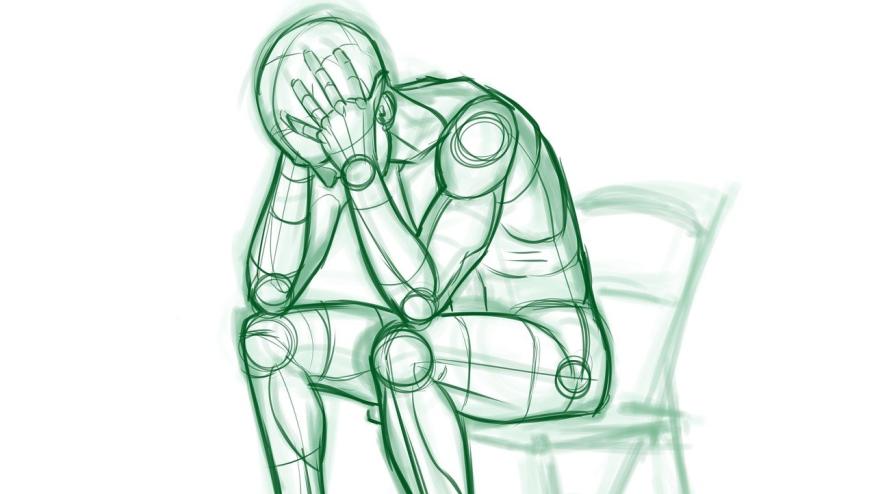Increased Depression on Rheumatoid Arthritis Save

A Korean nationwide cohort study found that both seropositive and seronegative rheumatoid arthritis (RA) patients have a significantly higher risk of depression.
Depression is one of the most common comorbidities in rheumatic disease patients and it imparts a significant morbidity and mortality risk for those affected.
Retrospective data drawn from the Korean National Health Insurance Service database identified 38 487 RA patients and a comparison group (n=192 435) matched 1:5 for age, sex, and index date. Those previously diagnosed with depression were excluded.
With a median follow-up of 4.1 (2.4-6.2) years, depression developed in 20 641 controls and 6422 RA patients. RA patients 66% higher risk of depression compared with controls (adjusted HR 1.66; 95% CI, 1.61-1.71). The risk was equally elevated in seropositive RA (aHR, 1.64) and seronegative RA (aHR, 1.73) patients.
The use of biologic or targeted synthetic DMARDs lowered the depression risk (aHR, 1.33) compared to those not using these medications (aHR, 1.69).
These findings underscore the importance of depression screening and intervention in patients with RA.










If you are a health practitioner, you may Login/Register to comment.
Due to the nature of these comment forums, only health practitioners are allowed to comment at this time.